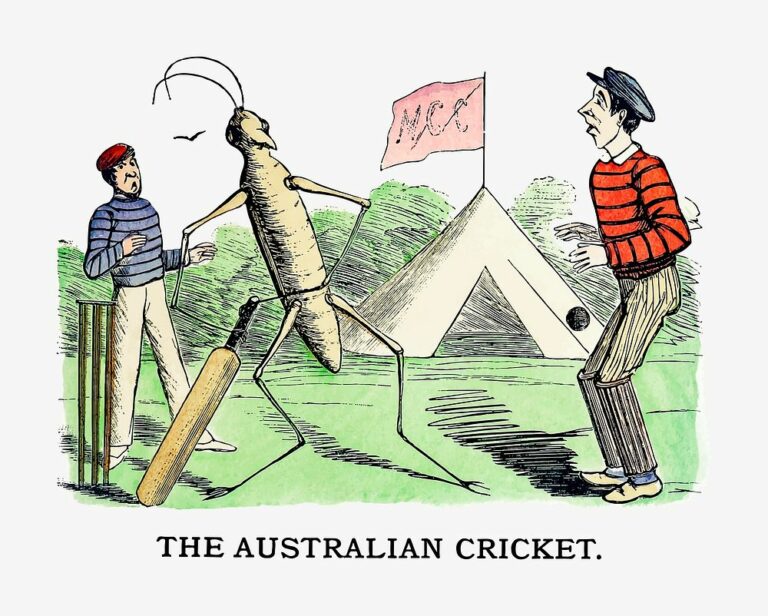Gold365: Political Polarization in Democracies
Gold365, Gold365: Political polarization poses a significant challenge in democratic systems, leading to increased division and animosity between political parties. This divide often hinders effective governance and policy-making, as parties prioritize their own agendas over finding common ground and working towards the collective good. The entrenched partisanship can also exacerbate societal tensions, eroding trust in democratic institutions and fostering a climate of hostility and gridlock.
Moreover, the partisan divide in democratic systems can amplify social inequalities and perpetuate injustices, as policies become more about advancing party interests rather than addressing the needs of the population as a whole. This polarization can also lead to a lack of diversity in political representation, as individuals may feel discouraged from participating in the democratic process due to the polarized and contentious nature of politics. Ultimately, overcoming these challenges requires a concerted effort to bridge the divide, foster dialogue and collaboration, and prioritize the common good over narrow partisan interests.
Factors Contributing to Political Polarization
Political polarization in democratic systems can be attributed to a variety of factors. One key factor is the rise of social media platforms, which have provided individuals with the ability to curate their news consumption and interact primarily with like-minded individuals. This creates echo chambers where individuals are only exposed to viewpoints that align with their own beliefs, reinforcing and intensifying existing divisions.
Another contributing factor to political polarization is the increasing influence of special interest groups and lobbyists in shaping public policy. These groups often advocate for extreme positions, pushing political discourse towards the fringes and making compromise and consensus more difficult to achieve. As a result, politicians may feel pressured to adhere to strict party lines rather than engaging in the collaborative decision-making that is necessary for a functioning democracy.
Impact of Media on Political Polarization
In the realm of political polarization, the role of media cannot be overstated. The constant bombardment of information from various media sources has the power to shape and reinforce individuals’ existing beliefs, leading to increasing division among the populace. Media outlets often cater to specific ideological leanings, perpetuating echo chambers that limit exposure to differing viewpoints.
Moreover, the rise of social media platforms has further exacerbated this issue by providing a breeding ground for the spread of misinformation and the reinforcement of polarization. Algorithms designed to maximize user engagement often prioritize content that aligns with users’ preferences, contributing to the siloing of perspectives and a lack of open dialogue. As a result, individuals are less likely to engage with diverse opinions and more susceptible to being influenced by biased or inaccurate information.
What are some of the challenges of partisan divide in democratic systems?
Some challenges of partisan divide in democratic systems include increased gridlock in government, decreased trust in political institutions, and the rise of extreme viewpoints.
What are some factors contributing to political polarization?
Factors contributing to political polarization include social media echo chambers, gerrymandering, the increasing influence of money in politics, and the decline of traditional media outlets.
How does the media impact political polarization?
The media can impact political polarization by reinforcing existing beliefs and biases, promoting sensationalism and conflict, and providing a platform for extreme viewpoints to gain traction.
Can media literacy help combat political polarization?
Yes, media literacy can help combat political polarization by teaching individuals how to critically evaluate sources, recognize bias, and seek out diverse perspectives.
What can individuals do to reduce political polarization in society?
Individuals can reduce political polarization by engaging in civil discourse, seeking out diverse viewpoints, supporting fact-based journalism, and being mindful of the information they consume and share.







